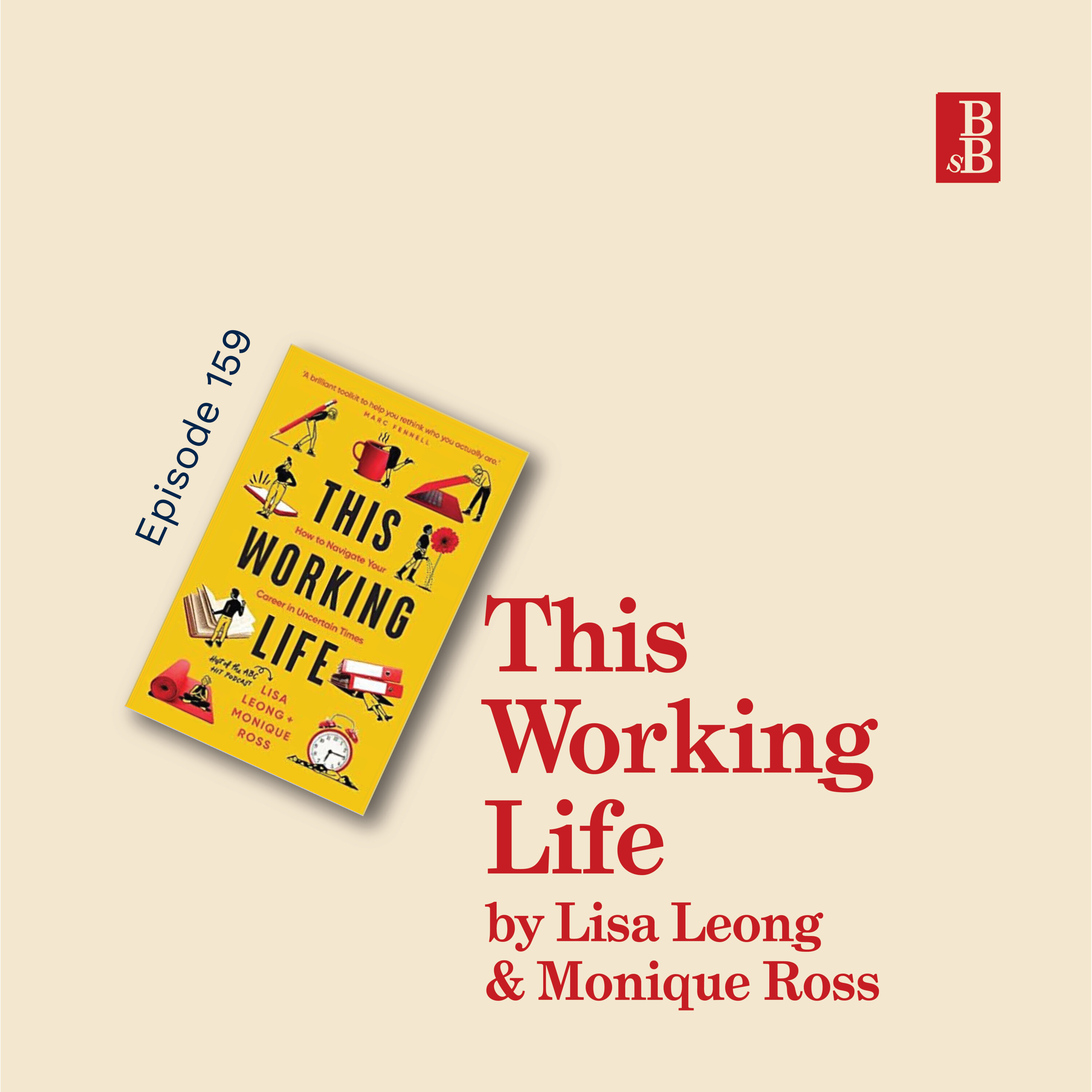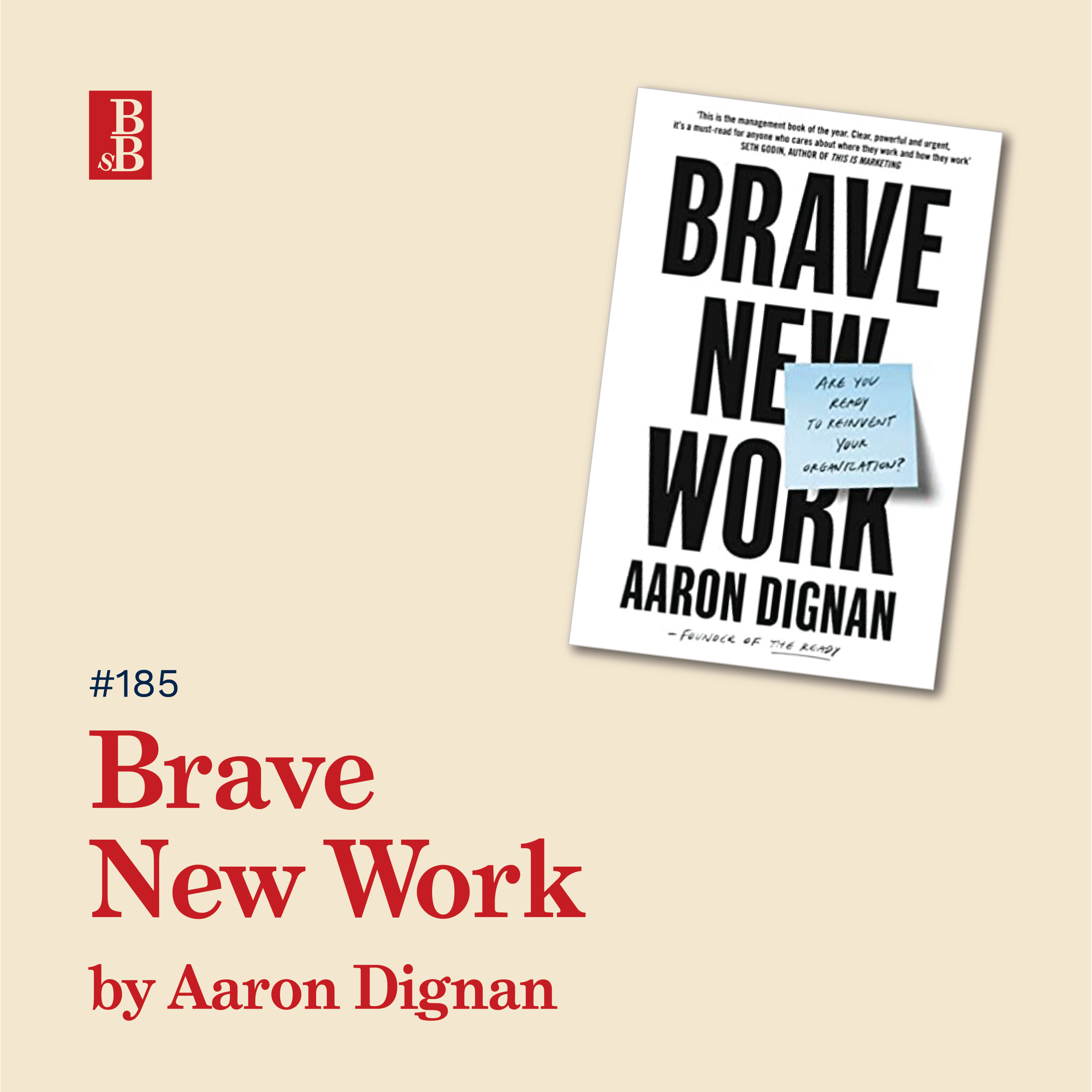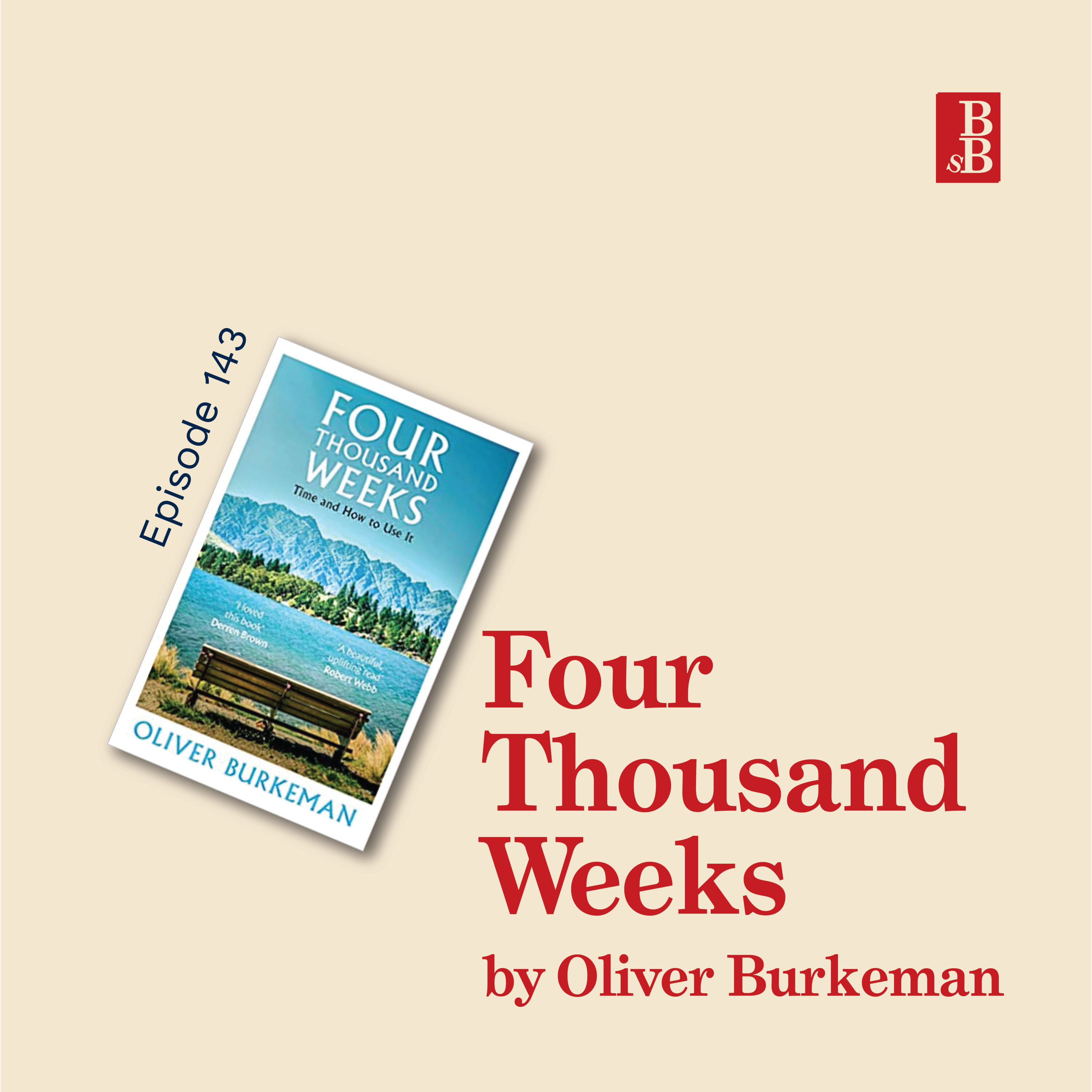Alibaba - The House that Jack Ma Built by Duncan Clark: Building a giant
Sign up to the bookmark newsletter:
https://mailchi.mp/1119b1358a84/thebookmark
About the Author
Founder, investor and leading advisor on China’s dynamic technology and consumer sectors, Duncan is a recognized expert on the Internet and entrepreneurship in China. He has lived and worked in Beijing and Shanghai for more than 20 years.
English by HarperCollins, ‘Alibaba’ was named a Book of the Year by The Economist magazine and short-listed for ‘Business Book of the Year’ by the Financial Times/McKinsey.
Duncan is chairman of BDA China, a company he founded in 1994 after working as an investment banker with Morgan Stanley in London and Hong Kong.
Duncan is a Visiting Senior Fellow of the Institute of Global Affairs at the London School of Economics; and a former Visiting Scholar at Stanford University. He previously served as Chairman of the British Chamber of Commerce in China, and was awarded an OBE in 2013 for services to UK-China trade and investment.
A UK citizen raised in the UK, US and France, Duncan is a graduate of the London School of Economics.
Source: https://www.duncanclark.com/biography
Click here to buy on The Book Depository
https://www.bookdepository.com/Alibaba/9780062413413/?a_aid=stephsbookshelf
About the Book
Alibaba – The House that Jack Ma Built is an engrossing, insider’s account of how a teacher built one of the world’s most valuable companies—rivalling Walmart & Amazon—and forever reshaped the global economy.
In just a decade and half Jack Ma, a man from modest beginnings who started out as an English teacher, founded and built Alibaba into one of the world’s largest companies, an e- commerce empire on which hundreds of millions of Chinese consumers depend. Alibaba’s $25 billion IPO in 2014 was the largest global IPO ever.
Clark tells Alibaba’s tale in the context of China’s momentous economic and social changes, illuminating an unlikely corporate titan as never before.
Links
Source: https://www.duncanclark.com/publications
BIG IDEA 1 (3:01) – Find mentors who can correct your mistakes.
In his early age, Jack wanted to learn English so he can communicate better and understand things that are coming in from outside of China. He would wait outside hotels and offer tours of his hometown – showing great initiative.
During the time of his life, he met the Morley family from Australia whom he became very close with. He started to write with them and Ken Morley would send a letter back to him with corrected grammar and spelling to help him improve his English.
Jack credits a lot of his success to his English skills, particularly developed them early in his life. Ken Morley had a huge impact on him because he helped him nurture his English. Ken also funded part of Jack’s University fees and his first apartment.
Mentors can also be fictional. Jack’s love of the warrior Feng Qingyang from Jing Yong’s books gave him a lot of inspiration. During some of the trials and tribulations of building Alibaba and some of the surrounding companies, he would look back in Jing Yong’s books to find some strengths from the warriors. This helped him carry on and make the right decisions and sometimes correct his paths.
BIG IDEA 2 (4:36) – Timing is everything.
If you’ve listened to last week’s episode The Outliers by Malcolm Gladwell, the book says that timing (or luck) can be everything, in particular when you’re born. In Jack Ma’s case, he is one of the first web users in his district and therefore in China. He benefited from a trifecta of events that happened around the same time including the relaxing of China’s entrepreneurial laws, the dawn of the internet and the rise of home computers.
This perfect storm was multiplied by his knowledge in English, allowing him to make the most of the opportunity when China opened up to the rest of the world. So it’s a little bit of luck, but knowing what to do with that luck is even more important.
This was what happened to Jack. He persevered to learn computers and learn how to connect different places, learn marketing, find customers. He also tried to target people who will be interested in connecting the rest of the world with China.
There is no textbook for you to follow when you’re in these kinds of unchartered waters, but perseverance and initiative are a big factor. Jack showed a lot of initiative in working it out as he went. This means also connecting with people at the time when it wasn’t easy. He made visits to the US during this time to see what other people are doing, to help him move his ideas forward.
BIG IDEA 3 – (6:36) – Health and happiness.
Jack takes employee well-being very seriously. For example during the SARS outbreak, they supported their employees working from home. He is also well-known for rallying the troops for good and towards a purpose.
He sends inspirational messages to his staff to bring them together and unite them across the purpose for good that Alibaba is striving towards. Investing and lobbying for better environmental management and health care.
Throughout the book you can also see the importance of loyalty and friendships. Many of the people involved in building Alibaba’s website and infrastructure around the Alibaba’s idea are still involved in the management capacity.
If you liked this episode – Alibaba – The House that Jack Ma Built you will also like;
Music By: SnowJah (ft. Tane) Song byPeter Spacey
Let’s Connect
LinkedIn: www.linkedin.com/in/steph-clarke
Instagram: @stephsbizbookshelf
Enjoying the show?
Please hit subscribe so you don’t miss an episode and leave a review on iTunes to help others find us.
See omnystudio.com/listener for privacy information.
Hey, have you subscribed to the bookmark newsletter? If you liked this, you might like my twice-monthly email with book reviews and ideas of what you should be reading, and listening to, next. Click here to subscribe.

















